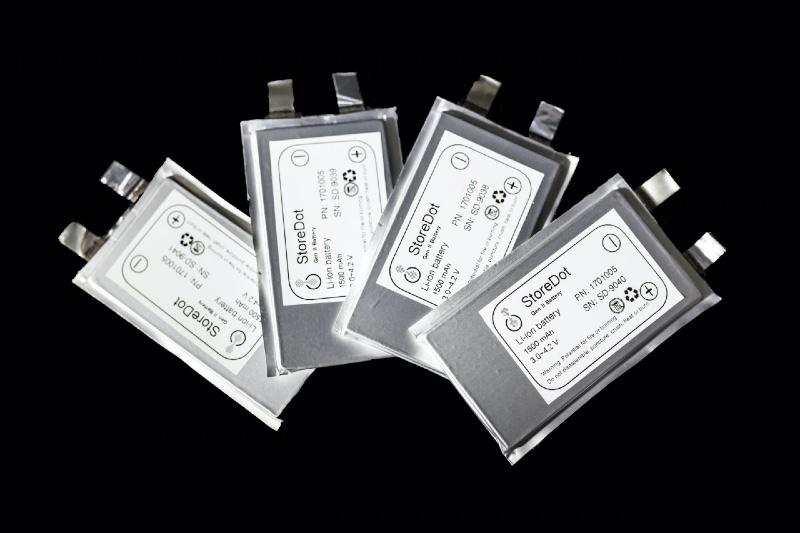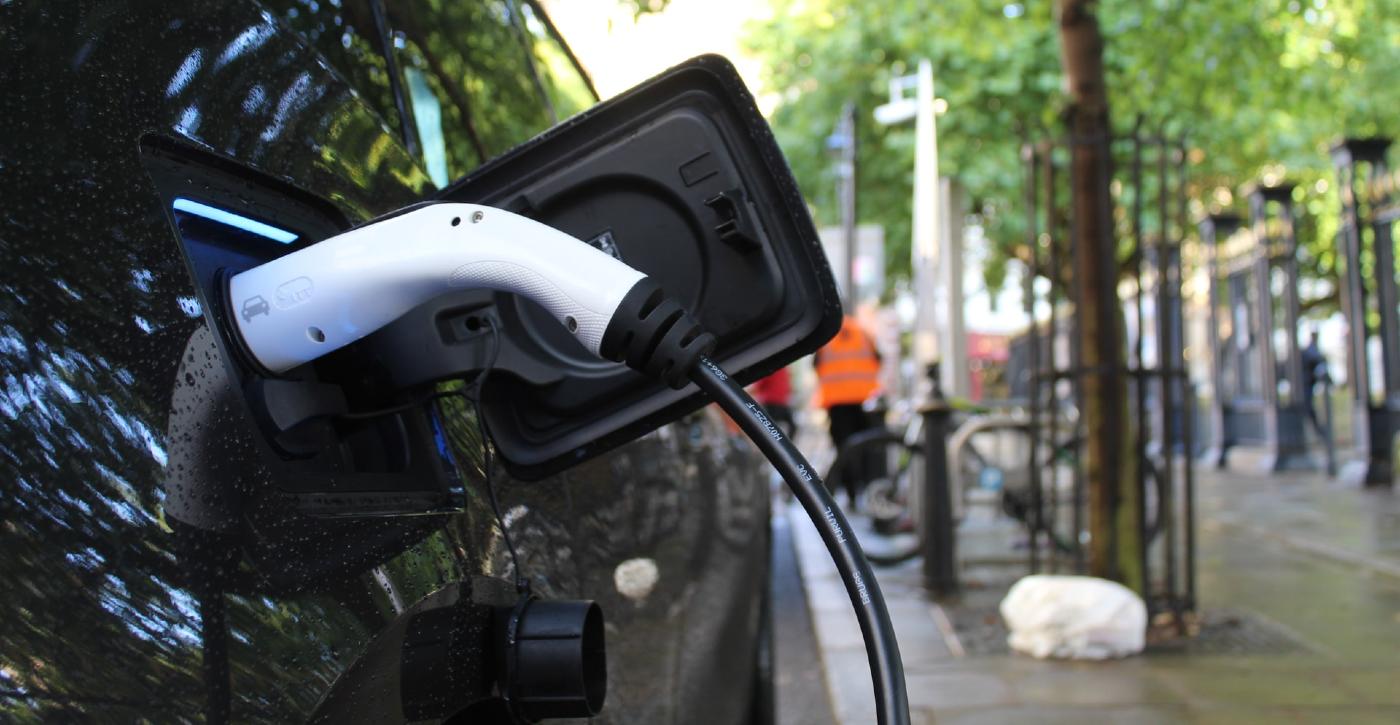One of the major barriers to entry of electric vehicles may be set to disappear, as an Israeli startup is now mass-producing car batteries that can deliver 100 miles of charge in just five minutes.

The innovative company, StoreDot, which has delivered rapid-charge versions of lithium-ion batteries for phones and scooters, has now gorged itself on millions in investment dollars and cranked 1,000 car batteries out of a Chinese assembly line.
The breakthrough replaces the graphite anode which causes problems when trying to force energy into the battery. The lithium ions become congested through this method, before phase-shifting into metal and then shorting the battery.
StoreDot replaces the graphite with silicon, which not only circumnavigates this problem but reduces costs since silicon is far cheaper. The current crop of 1,000 batteries uses germanium, which is also waterproof, and the silicon ones are expected later in the year.
Tesla and its founder Elon Musk liked the sound of this idea, and so set up a research and development center in Israel to take advantage of the innovations coming out of StoreDot, which was named by Bloomberg as the New Energy Finance Pioneers winner for 2020.
After constant innovation drove down the price of the electric car in the 2010s, the final hurdle to widespread adoption that remains is the charging speed and charging points.
British Petroleum (BP) invested $20 million into the StoreDot batteries, even though it maintains 18,200 gas stations in the UK. According to StoreDot CEO Doron Myersdorf, “they [BP] understand that 10 years from now, all these stations will be obsolete if they don’t repurpose them for charging—batteries are the new oil.”
Currently, battery charging stations can’t deliver the electricity needed to charge a StoreDot battery fully in five minutes, meaning that the ball is in the courts of the power stations to upgrade their tech. However, five minutes will still fill one with 100 miles, which for most users is plenty.
Market forces create the best innovations
As both the social and fiscal costs of manufacturing gasoline and diesel cars increased, automotive giants all began throwing out electric vehicles (EVs) to assuage stockholder fears and political edicts.
RELATED: These Giant Oil Companies Are Providing EV Chargers Next to Their Gas Pumps
As companies have battled back and forth, battery technology began following suit, with lowered charge times, increased ranges, and—through learning from the case of the Fisker Karma—trying to be less flammable.
StoreDot is one of several battery innovators that are attracting big money for their new products.
MORE: With EV Battery Prices Dropping 87% in a Decade, Tesla is Now Making a Car That Will Cost $25,000
Another one is QuantumScape, which doesn’t produce lithium-ion batteries, but solid-state ones. Now worth $3.3 billion, QuantumScape replaces liquid lithium with solid ceramic material, providing vastly increased energy density, lower costs, and far fewer fire hazards.
However, QuantumScape’s battery goes from 0% charge to 80% in 15 minutes, which while being fast, isn’t five minutes, and so there lies a problem for their stockholders.
As these two producers—one backed by Bill Gates and Volkswagen, the other by Tesla and BP—battle for market share, the innovations created in their competition will likely produce the “Chevrolet small-block V8” or Porsche’s “Boxer flat-six,” i.e. the battery that will define the first golden age of EVs.
POWER Up The Positivity By Sharing The Good News On Social Media…




















